Falls are the leading cause of injury-related deaths for seniors, with 1-in-3 adults over the age of 65 falling every year. Older adults with dementia are up to 60% more likely to fall, putting them at a greater risk of sustaining injuries, which can lead to hospitalization and immobility.
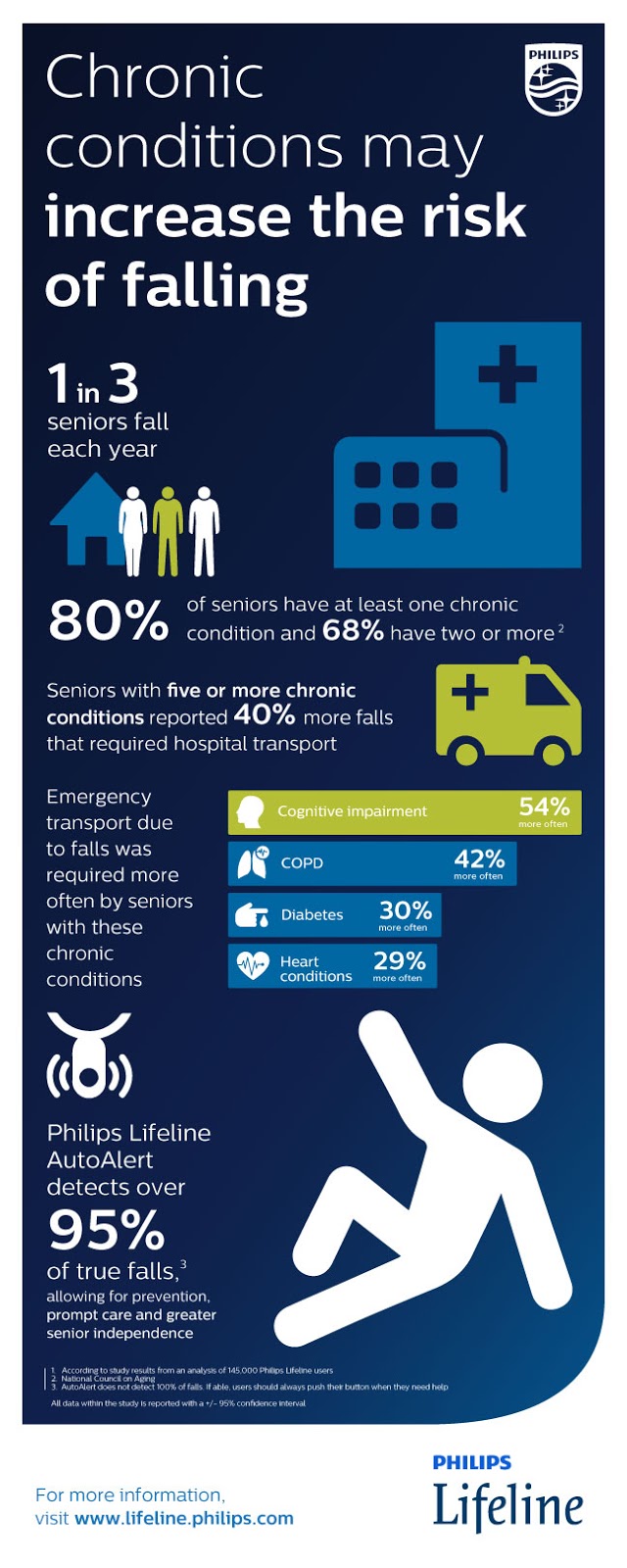
Dementia Books & Videos on Amazon:
FREE Newsletter:
Six out of every 10 falls happen at home, where we
spend much of our time and tend to move around
without thinking about our safety. Many of these falls
could be prevented by making these simple changes:
- MAKE FINDING “MY STUFF” EASIER: Put frequently used items in easily-accessible places.
- REMOVE STUMBLING BLOCKS: Remove anything that could cause you to trip or slip while
walking. Clutter, small furniture, pet bowls, electrical or
phone cords, and throw rugs can cause falls. - ORGANIZE FURNITURE: Arrange furniture so you have plenty of room to walk freely.
Also, remove items from stairs and hallways. Get rid of chairs that swivel. - MODEST BATHROOM UPGRADES: Use non-slip items in the bathroom. Put non-slip strips or a
rubber mat on the floor of your bathtub or shower. Add a tub rail, grab bars, elevated toilet seat and/or bath seat. - HANDRAIL HABITS: Get consistent with using the handrails on your stairs. When you carry
something up or down the stairs, hold the item in one
hand and use the handrail with the other. - LIGHTING:
- Make sure you have enough lighting in each room, on stairs, hallways,
at entrances, and on outdoor walkways. - Lamps and lighting should be of great intensity or power, so that dangers are clearly illuminated and seen. Use light bulbs that
have the highest wattage recommended for the fixture. - Place a lamp next to your bed along with night lights in
the bathroom, hallways, and kitchen. - Keep a flashlight by
your bed in case the power goes out and you need to get
up at night.
- Make sure you have enough lighting in each room, on stairs, hallways,
- CARPETS: Secure carpets to the floor and stairs. Use non-slip rugs, or
attach rugs to the floor with double-sided tape. - FLOORS: Avoid wet floors, and clean up spills right away. Use only
non-skid wax on your waxed floors. - SHOES: Wear rubber-soled, low-heeled shoes that fully support
your feet. Wearing only socks or shoes/slippers with
smooth soles on stairs or floors without carpet can
be unsafe. Assess the gripping nature of rubber-soled shoes, which may be a tripping hazard because they sometimes ‘catch’ on the floor. - EYES & EARS: Have your eyes and hearing tested often. Always
wear your glasses when you need them. If you have
a hearing aid, be sure it fits well, and wear it. - MEDICATION: Find out about the side effects of any medicine you
take. If a drug makes you sleepy, slow or dizzy, tell your
doctor or pharmacist. (See the article, “Beware of Common Anticholinergic Drugs“) - SLEEP: Get enough sleep. If you’re sleepy, you’re more
likely to fall. - ALCOHOL: Limit the amount of alcohol you drink. Even a small
amount can affect balance and reflexes. - KEEP ON MOVING:
- Stay physically active.
- Light exercise to increase lower-body strength, as well as simple balance
exercises, can help prevent falls. - Consider assisted devices when walking alone becomes unsafe, like a cane, walker or wheelchair.
- Weight-bearing activities, such as walking or
climbing stairs, may slow bone loss from osteoporosis.
- Stand up slowly after eating, lying down, or sitting.
Getting up too quickly can cause your blood pressure
to drop, which can make you feel faint.
Falls are a major, yet preventable, threat to the independence and health of older adults, especially those living with dementia.
With the 14 fall prevention tips above, family members can reduce the risk of falls and make a huge difference in the life of their loved one.
SOURCES:
- Lewy Body Dementia Association
- National Institute on Aging
- National Institutes of Health
- U.S. Department of Health & Human Services
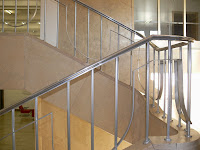


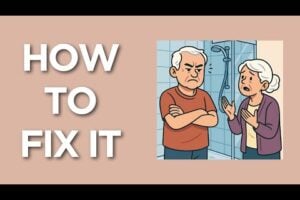
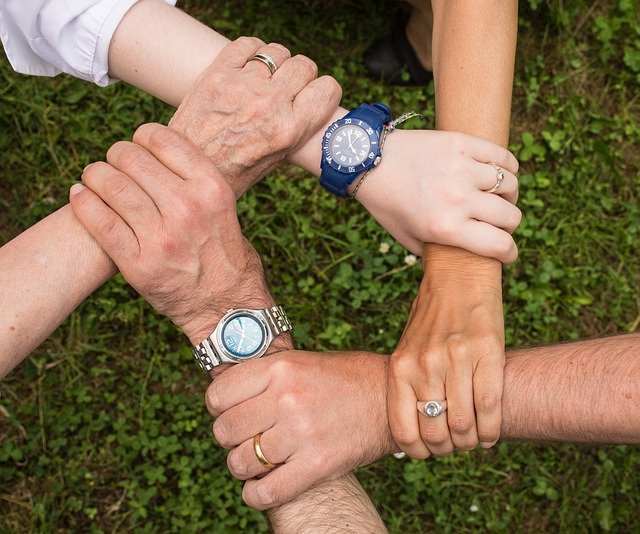

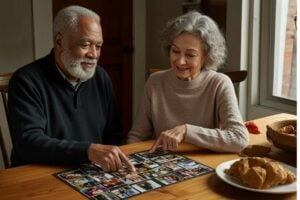





Could you put up info on “How to Care for someone with Visio Perceptual Difficulties with Dementia?”
Falls are preventable, they do not have to happen! I agree with all recommendations except lighting is left short and may be bad advice to just use the brightest intensity possible. This could cause blinding glare and also bleaches the eye and it takes longer to adjust. There are very simple techniques in lighting that work. Even illumination, reflected illumination off non glare surfaces. Night lights should be large, warm (no blue) and less bright so the adapted eye stays adapted and can see. I can help make a difference and a very low cost.
Newton Lighting Enterprises, 585-944-4158, http://www.newtonlightingent.com